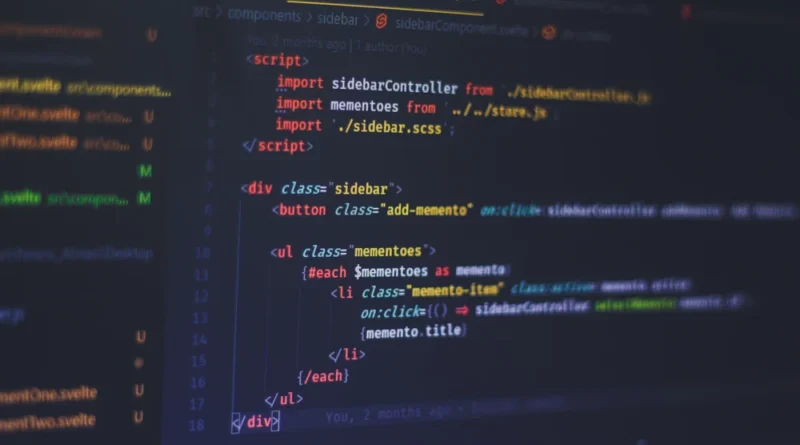Choosing the Best Back-End Technologies for a Fintech Project
Whether you’re developing a brand new fintech app or a small-scale application, it’s critical to choose the right back-end technologies. That way, your project will function as smoothly and efficiently as possible. Luckily, there are many different types of software to choose from, including Python, C++, and Django. You can hire a good company by this link to build your quality project.
C++
When it comes to choosing back-end technologies for fintech projects, there are plenty of choices. There are also several criteria to consider when picking one. For example, size and functionality are important factors.
Ultimately, the best choice will depend on the type of fintech project you’re working on. If you’re looking to create a web portal, for instance, C++ may be a good fit. However, if you’re looking to build a mobile app, you may want to choose another language.
C++ is a programming language that is widely used for embedded systems and for developing web browsers. It has a comprehensible syntax and works at a high speed.
C++ can be a difficult language to learn, especially for complex programs. In addition to its high level of complexity, the language has inherent security concerns.
Python
If you are developing a fintech project, Python is one of the best choices for a backend technology. This language offers a powerful toolbox of tools for data analysis, machine learning, and even blockchain development.
The most popular use case of Python in fintech is working with data. But, Python can also be used in more general software. It provides libraries for many common programming tasks, including machine learning, data analysis, and visualization. And because Python is open-source, developers can easily incorporate it into their existing projects.
Another advantage of Python is that it is scalable. As a result, programmers can create and deploy a fully functional application with as few as 10 lines of code. Compared to Java, which can be quite cumbersome to code, Python can handle larger chunks of data in a more efficient manner.
Ruby on Rails
If you are planning to develop a fintech project, you may be wondering which programming language to use. Ruby on Rails is one of the options. This is because it has a number of advantages and features. However, it is not a suitable choice for everyone.
It is a good idea to choose a technology based on the product area you are working on. For example, if your company is in the financial industry, you may be better off choosing a technology like C#. These languages are fast and allow for easy changes. They also have a rich library of tools to help developers build platforms and microservices.
Although Ruby on Rails is not a new technology, it has become popular with Fintech startups due to its high security capabilities. The language’s built-in protection against XSS and SQL injection makes it a safe choice for creating applications. In addition, the community behind the software helps to provide free add-ons for various projects.
Django
Django is a Python web development framework that was built by experienced developers. It helps you build scalable and functional applications quickly and securely. The framework is ideal for large, complex projects with high traffic, a lot of content, or even Machine Learning needs.
Django is easy to learn and to use. With a few weeks of training, you can be up and running. And it’s compatible with both Windows and Linux, making it possible to build on PC or Mac.
Django also offers a powerful Object-Relational Mapper (ORM) that makes it easier to handle migrations, database access, and seeding. It can also handle multiple queries and sessions. You can easily replace the default django-admin panel with your own, or create custom templates.
Django is used by many of the most popular web applications. These include Pinterest, Spotify, and Reddit. They have millions of active users. All of these companies have managed to keep their interfaces simple and user-friendly, while adding new features seamlessly.
SQL
In a fintech project, the back-end technology plays an important role. The right one can provide fast and efficient solutions. While choosing the best one for your project, you must consider the functionality and audience of your fintech product.
For financial businesses, Java and Python are the most popular back-end technologies. However, there are other alternatives to consider.
PHP is an open-source back-end technology that allows for easy editing of databases. It can also be used with several modern frameworks. However, its popularity is dropping.
Ruby is another popular option for back-end development. Designed by Japanese computer scientist Yukihiro Matsumoto, it is known for its flexible features. Using Ruby, you can create secure and maintainable solutions. You can also use it with the Ruby on Rails framework.




